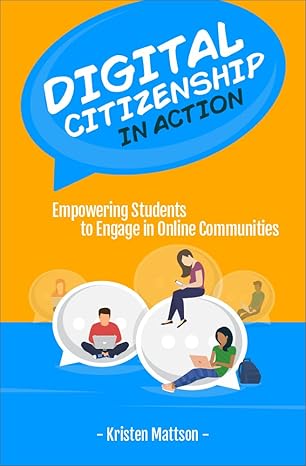In an ever-evolving world where social, political, and environmental challenges are becoming increasingly complex, citizenship education emerges as a fundamental pillar for building democratic, just, and sustainable societies. Far more than a simple transmission of civic knowledge, it aims to foster responsible and engaged citizens capable of understanding contemporary issues, actively participating in civic life, and contributing positively to the common good.
The Multifaceted Nature of Citizenship Education
Citizenship education encompasses a wide range of skills, knowledge, and attitudes. It involves acquiring a thorough understanding of democratic institutions, citizens’ rights and duties, the principles of the rule of law, and the mechanisms of civic participation. However, it is not limited to a theoretical dimension. It also encourages the development of critical thinking, empathy, respect for diversity, and the ability to dialogue and cooperate.
Cultivating Responsible Citizens
Fostering responsible citizens involves equipping them with the necessary tools to analyze information objectively, distinguish facts from opinions, and develop informed judgment on matters of public interest. This involves learning critical thinking, problem-solving, and the ability to make ethical and informed decisions. A responsible citizen is aware of their actions and their consequences on the community and the environment.
Encouraging Civic Engagement
Civic engagement, on the other hand, is manifested by individuals’ willingness and ability to actively participate in the life of their community, whether at the local, national, or international level. This can take many forms: voting, involvement in associations, advocating for causes they care about, participating in public consultations, or exercising civic oversight of public authorities’ actions. Effective citizenship education encourages this active participation and empowers young people to make their voices heard and take concrete action for change.

Integrating Citizenship Education into Curricula
The integration of citizenship education into school curricula from an early age is essential. It should be approached in a cross-curricular and interdisciplinary manner, relying on active and participatory teaching methods. Debates, simulations, collective projects, meetings with civil society actors, and internships can enrich learning and make concepts more concrete and relevant for students.
Lifelong Learning in Citizenship
Furthermore, citizenship education is not limited to schooling. It must continue throughout life through ongoing training initiatives, awareness campaigns, and the engagement of the media and civil society. New technologies can also play an important role by facilitating access to information and encouraging online civic participation.
Addressing Contemporary Challenges
Faced with contemporary challenges such as social inequalities, climate change, the rise of populism, and disinformation, citizenship education appears as an essential investment for the future. By fostering responsible and engaged citizens, we strengthen social cohesion, democratic vitality, and our societies’ ability to address the complex challenges of our time. It is the key to building a more just, equitable, and sustainable world where every individual feels empowered to contribute positively to the community.
Conclusion: Investing in the Future
In conclusion, citizenship education is not a luxury but an imperative necessity. It is the foundation of a dynamic and resilient civil society capable of projecting itself towards a better future through the active and informed participation of its citizens. Investing in citizenship education means investing in the future of our democracies and the well-being of our communities.












No Comment! Be the first one.